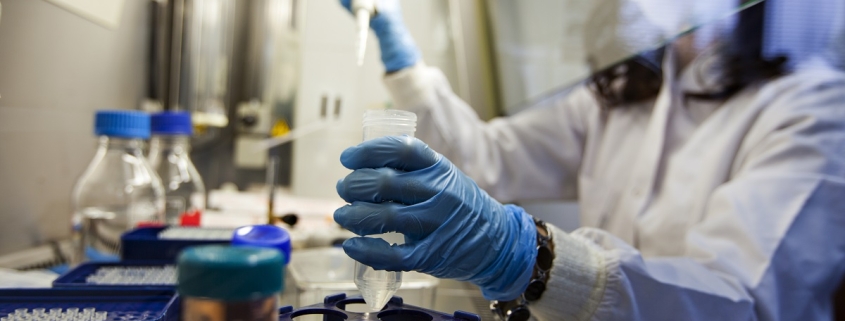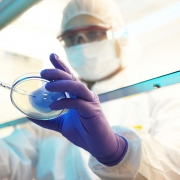Biosimilar Adoption Within the Oncology Industry
How the AON Pharmacy Operations team is increasing the usage of biosimilars as treatments for cancer patients.
Back in September 2017, the U.S. Food and Drug Administration (FDA) approved the first biosimilar used for cancer treatments. Mvasi was created as the biosimilar alternative to the brand medication Avastin, which is used to treat various cancers. From colorectal and lung cancers to kidney cancer and brain cancer, Mvasi’s formulation was determined biosimilar when treating these cancers. Since 2017, over twenty biosimilars for cancer treatments have been approved.
The growth within the biosimilar market increases with the acceptance and adoption of these prescription alternatives by oncologists and other healthcare leaders who are taking the initiative to improve cost-savings for millions of cancer patients. AON is one such organization that is taking the lead to publicize the benefits — including the cost savings — of biosimilars..
Related: Understanding Biosimilars
AON’s Biosimilar Substitution Program
The biosimilar substitution program, the brainchild of the AON Pharmacy Operations team, was created to encourage the use of biosimilar products when a biosimilar is covered by the payer and the cost is lower, as an effective cost-saving strategy without negatively impacting the efficacy of the patient’s treatment.
By definition, a biosimilar is highly similar to and has no clinically meaningful differences from its reference product with cost-saving potential. A biosimilar is approved by the U.S. Food and Drug Administration (FDA) after rigorous evaluation and testing to show the same efficacy and same safety profile when compared to its reference product. Expanding access to biosimilars can help to improve health equity and provide more treatment options for patients.
Acquiring biosimilar products can be challenging for various reasons. One of the more common barriers is health insurance coverage and requirements as it varies from state to state as well as how the insurer’s formulary is designed. While these hindrances may slow adoption, the AON Pharmacy Operations team recognizes the benefits of biosimilar products to not only the patient but to the healthcare provider and health insurer.
The switching model employs key persons within the process and equips them with the processes and tools needed to communicate and drive forward biosimilar substitutions. Originally, AON regional clinical pharmacists (RCPs) assisted in biosimilar product selection. Under the new biosimilar substitution program, the RCPs transitioned into an intermediary position between the pharmacy, healthcare providers, administrators and financial teams at each practice. Using the electronic health record (EHR) system empowers RCPs to communicate directly with financial teams and send switch requests (requests to switch to a biosimilar product) directly to the healthcare provider who can easily approve within the system.
The AON Pharmacy Operations team measured the impact of the program for one year and reported positive results:
- There was an increase in all AON-preferred biosimilar products after program implementation. The total number of biosimilars now in use is 17.
- The average in the United States for biosimilar usage is 65% whereas AON sits comfortably 20% higher.
- There was an increase in cost savings for healthcare providers, payers and patients totaling $56.21 million for 2022 and $131.32 million since AON’s inception.
The AON Pharmacy Operations team hopes that sharing the program’s successes will encourage other clinicians and those in healthcare to switch and use biosimilars when appropriate.
Related: Expanding Options: What’s Next for Biosimilars in Oncology?










